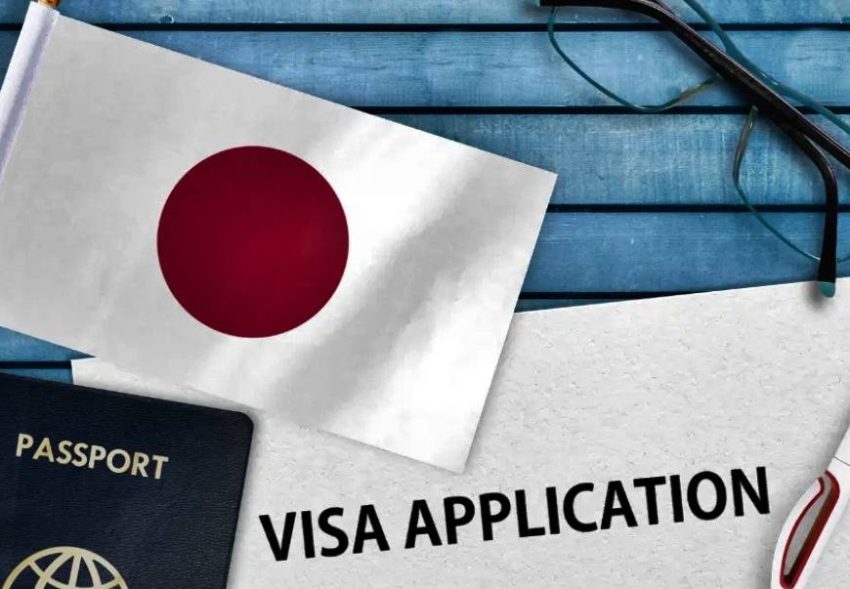TOKYO – Japan will require Electronic Travel Authorization for Visa-Free Entry starting 2028 as the country is accelerating launch of its Electronic Travel Authorization System (ETA), named JESTA, which is now expected to be introduced by fiscal year 2028—two years ahead of the original 2030 target.
This system will apply to travelers from visa-exempt countries, aiming to enhance border security while making immigration procedures more efficient and streamlined. The government officials confirmed updated timeline during a parliamentary session on April 23, calling the initiative a key part of Japan’s efforts to modernize its immigration framework.
Japan witnessed influx of international tourists after Covid pandemic, and the government now looking to woo 60 million foreign visitors annually in next 5 years. To support this ambitious goal, JESTA will play a crucial role in improving both border security and the entry process for tourists.
JESTA will strengthen border security by enabling pre-screening of travelers before they even arrive in the country. It will also streamline immigration process, allowing for faster and more efficient entry at airports.
Japan Electronic System for Travel Authorization (JESTA) will require nationals of visa-exempt countries to submit an online application before traveling to Japan. Applicants will need to provide essential details, such as Purpose of travel, Length of stay, Accommodation information, and Personal identification.
Approved travelers will receive a digital authorization, typically for stays of up to 90 days. Those whose applications are rejected will not be allowed to board their flight to Japan, reinforcing pre-departure security checks.
Nationals of over 70 countries those who currently do not require a visa for short visits to Japan—will need to obtain an electronic travel authorization. Some of the countries affected include Andorra, Argentina, Australia, Austria, Brazil, Canada, France, Germany, Israel, South Korea, UK, US, and many more.
The introduction of JESTA is designed to offer faster immigration processing, thanks to automated systems, reduced airport congestion, especially during peak travel seasons.
Early screening of travelers, ensuring better border security Improved data collection to help shape future tourism policies.
These advancements come at a crucial time as Japan positions itself to become a leading global tourist destination by 2030.
Why has Saudi Arabia imposed temporary Visa Ban on Pakistan along with 13 other countries?













